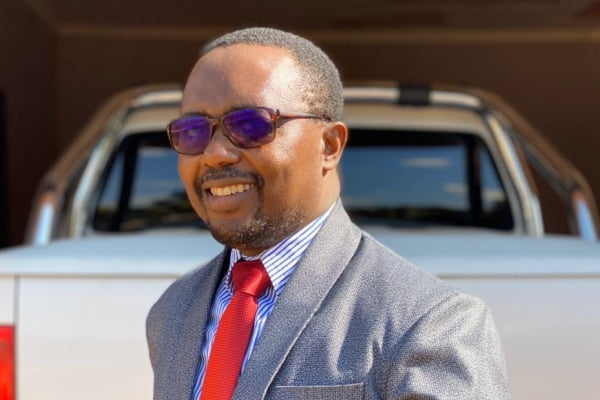The slow pace at which the mines and minerals bill is moving has been instigated by the Covid-19 pandemic as the government delay stakeholder’s consultation due to fear of fashioning a pandemic super spreader, Parliament has hinted.
Anerudo Mapuranga
Speaking to Mining Zimbabwe Parliamentary Portfolio Committee on Mines and Mining Development Chairperson Hon Edmond Mkaratigwa said the mines and minerals bill has taken too long mostly due to the Covid-19 pandemic forcing parliament to consider a new way of doing business to speed up the bill.
“The Mines and Minerals Bill has taken very long mostly due to COVID-19 now that has further impacted normal operations of both the Executive and Parliament.
“Some processes require the involvement of the public and if the Bill is sent to Parliament then the processes fail to take place at stipulated times, it may have ramifications on its passage in terms of Parliament sessions and rules of the House so there is need for a balance. Covid-19 may have to force us to revisit the way we do business maybe,” Mkaratigwa said.
The Parliamentary Portfolio Committee on Mines and Mining Development Chairperson said parliament was eager to see the bill passing very soon to address the problems in the mining sector caused by the lack of a clear policy.
Hon Mkaratigwa also said that his committee was pleased that the formalisation of small scale and artisanal mining was taking shape addressing the famous smuggling problems.
“It’s now not an easy answer given the current uncertainty as a result of the pandemic but we want the Bill ready earliest. As you can see, however, we are happy that formalization is gathering momentum and if the strategy equitably balances the public and private sector interests, we will be good to go.” Mkaratigwa said.
The Reserve Bank of Zimbabwe Governor said all artisanal miners will soon be required to be registered as part of efforts by the Government to formalise their operations, curb illegal gold dealing and protect the environment, a statutory instrument on the requirements for registration was being crafted and would be gazetted soon.
It is estimated that there are between 500 000 and 1,5 million artisanal and small-scale miners, including farmers who do a little gold panning in the offseason, and only 16 per cent are registered.
“We want to register for the sake of traceability and knowing who you are and where you are from,” the central bank governor said.
Under the envisaged registration system, the miners’ biometric details would be captured and the miner would be issued with a registration number.
Registered miners would also undergo training on environmentally friendly mining methods and land reclamation.
This article first appeared in the Mining Zimbabwe August 2021 Magazine





